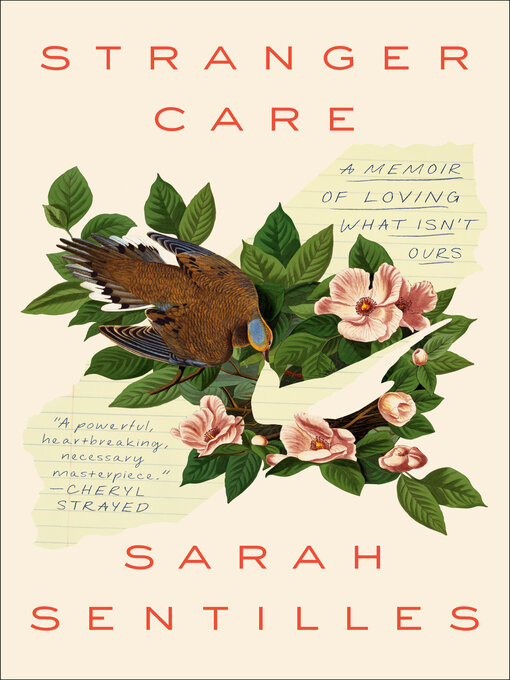- New kids additions
- New teen additions
- Available now
- Series Starters
- Most popular
- Try something different
- Learn Something New By Reading Something True!
- New Book Arrivals
- Most Popular eBooks
- No waiting! Available Now!
- In Memoriam
- Reality Too Good To Miss
- See all ebooks collections
- Available now
- New audiobook additions
- Audiobooks for your Commute
- Popular Audiobook Narrators
- New kids additions
- New teen additions
- Most popular
- Try something different
- New Audiobook Arrivals
- WWI & Veteran's Day
- Season of Joy
- World War II
- Korea & Vietnam
- See all audiobooks collections

